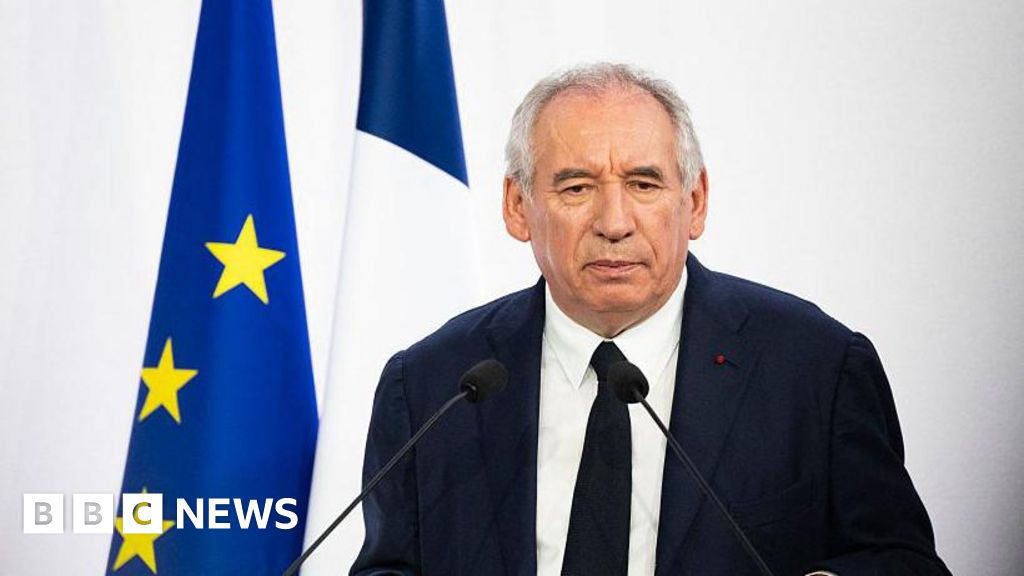The French National Assembly, with a vote of 305 to 199, has moved forward with a bill that grants the right to assisted dying for select patients, a measure supported by President Emmanuel Macron. The proposed law now advances to the Senate for further consideration, with hopes for official enactment by 2027. If passed, France would join seven other EU nations that have legalized some form of assisted dying—albeit with more restrictive conditions than those found in countries like the Netherlands and Belgium.
During the extensive two-week discourse, lawmakers emphasized the qualifying criteria for assisted dying, specifying it is designated for individuals suffering from a grave, incurable illness that poses immediate life-threatening risks and leads to ongoing physical or psychological distress. To pursue this option, patients must express a clear and voluntary intention, confirming it after a 48-hour contemplation period. Once approved, they may self-administer a lethal dosage or, if necessary, have a healthcare professional assist them. Medical authorization would be contingent on a consultation with peers.
The discussion on the bill revealed notable divisions along party lines, as it garnered support mainly from the center and left factions while being met with opposition primarily from right-wing and populist parties. Critics, particularly from conservative circles, echoed apprehensions reminiscent of the Catholic Church's stance, arguing the parameters of the bill could be misapplied to patients with extended life expectancies. Detractors also expressed fears regarding the potential coercion of elderly individuals who may perceive themselves as a financial burden to their families, as illustrated by a Parkinson's disease patient detailing their perspective outside the Assembly.
Some proponents on the left sought to expand eligibility to include minors and non-citizens, or those providing advance directives in case of incapacitation. Additionally, the bill exempts medical personnel opposed to assisted dying from participation, but imposes a two-year prison penalty for obstructing such procedures. An attempt to sanction encouragements towards assisted dying was dismissed by lawmakers.
Prime Minister François Bayrou, a practicing Catholic, indicated he would abstain from voting if given the opportunity, as he does not hold an MP position. As the debate continues, stakeholders from various sides forge ahead in their efforts to comprehend the implications of assisted dying legislation in France.
During the extensive two-week discourse, lawmakers emphasized the qualifying criteria for assisted dying, specifying it is designated for individuals suffering from a grave, incurable illness that poses immediate life-threatening risks and leads to ongoing physical or psychological distress. To pursue this option, patients must express a clear and voluntary intention, confirming it after a 48-hour contemplation period. Once approved, they may self-administer a lethal dosage or, if necessary, have a healthcare professional assist them. Medical authorization would be contingent on a consultation with peers.
The discussion on the bill revealed notable divisions along party lines, as it garnered support mainly from the center and left factions while being met with opposition primarily from right-wing and populist parties. Critics, particularly from conservative circles, echoed apprehensions reminiscent of the Catholic Church's stance, arguing the parameters of the bill could be misapplied to patients with extended life expectancies. Detractors also expressed fears regarding the potential coercion of elderly individuals who may perceive themselves as a financial burden to their families, as illustrated by a Parkinson's disease patient detailing their perspective outside the Assembly.
Some proponents on the left sought to expand eligibility to include minors and non-citizens, or those providing advance directives in case of incapacitation. Additionally, the bill exempts medical personnel opposed to assisted dying from participation, but imposes a two-year prison penalty for obstructing such procedures. An attempt to sanction encouragements towards assisted dying was dismissed by lawmakers.
Prime Minister François Bayrou, a practicing Catholic, indicated he would abstain from voting if given the opportunity, as he does not hold an MP position. As the debate continues, stakeholders from various sides forge ahead in their efforts to comprehend the implications of assisted dying legislation in France.





















